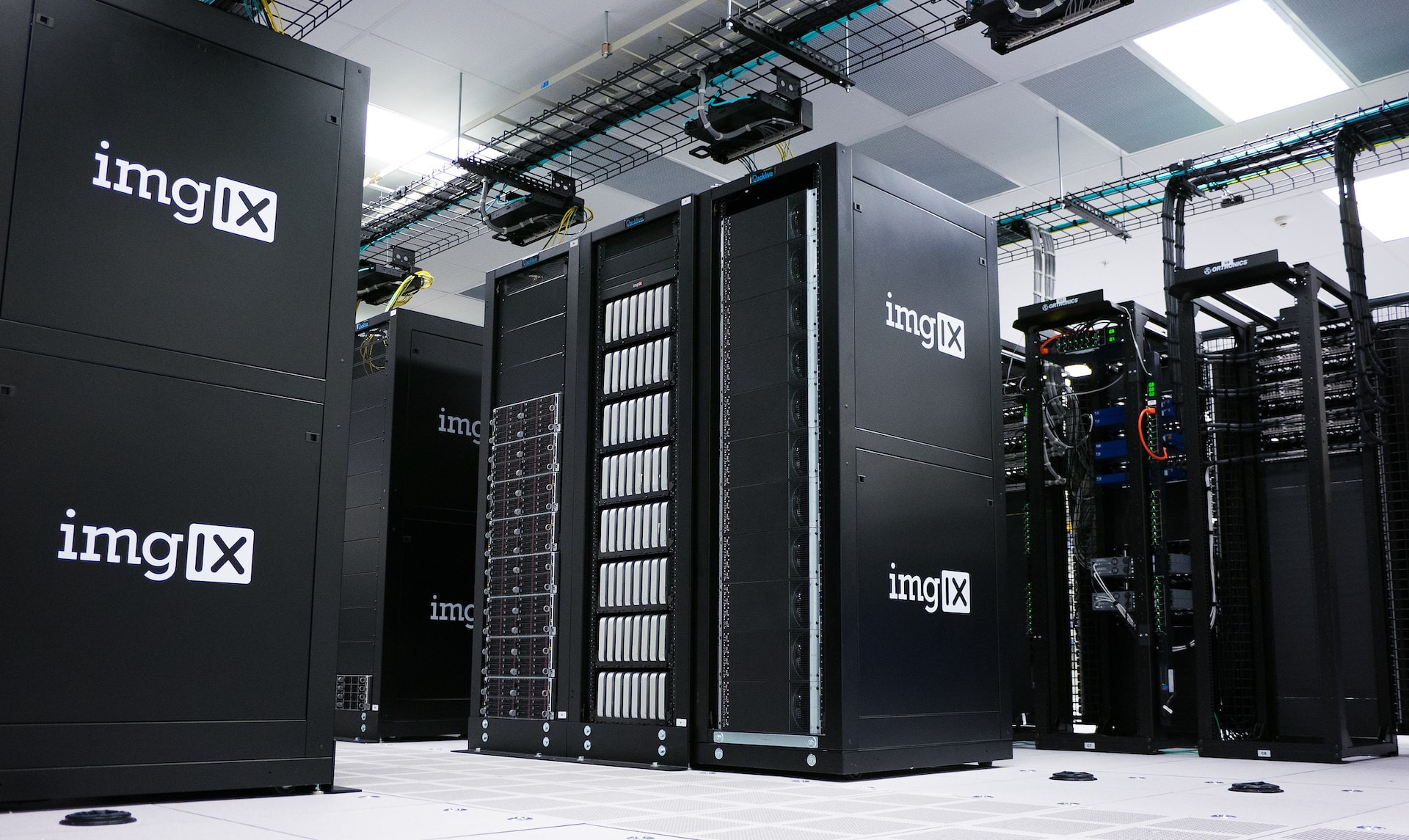To What Extent Linux Can Function as a Desktop Environment?

Linux can be used as both a desktop environment and a hosting server. Windows is probably the most widely used operating system for desktops, but Linux offers a powerful and cost-effective alternative.While the interface of Linux is somewhat different than Windows, it is easy to learn and use and can offer a few advantages over Windows. Benefits of using Linux include:
• Security: Linux is secure by default and is less susceptible to viruses and other cyber attacks.
• Customization: Users have the ability to customize their Linux desktop to meet their needs.
• Open Source: Linux is open source which means the source code is freely available for anyone to modify and distribute without the need to pay royalties or fees.
• Lower cost: Due to Linux being open source and having fewer restrictions compared to Windows, users often benefit from a lower cost for the same or similar services.
• Specialized hosting servers: Linux is often used for hosting education or specialized hosting servers due to its flexibility and security.
If you are comfortable with the interface, Linux can be a great desktop environment choice. Not to mention, it is also easy to update. Many popular distributions of Linux have both a standard version and a rolling version which can be beneficial when trying to stay up to date with the most recent version of the operating system.
Overall, Linux can serve as a powerful and robust desktop environment for those familiar with the interface and willing to take the time to customize it to their needs. From its open source, customization capabilities, and cost savings, Linux can be a great desktop environment for those willing to learn.
Linux is becoming increasingly popular as a desktop environment, and for good reason. It has the ability to function as both a powerful hosting server and an educational environment. It's versatile, secure, and free, making it the ideal choice for organizations and individuals alike.But what exactly can Linux do as a desktop environment? It's important to understand the full capabilities and benefits of utilizing Linux as your primary desktop environment.
The most powerful argument for using Linux as a desktop environment is its capability for hosting servers and educational environments. With the powerful hosting capabilities of Linux, organizations and individuals can develop powerful server-side applications quickly and efficiently, without needing to invest in costly software licensing costs.
In addition to its hosting capabilities, Linux is also uniquely suited for educational environments. Its open source nature allows for students and educators to work together collaboratively, gain knowledge from each other, and help each other develop skills. Meanwhile, numerous applications and packages are available for Linux, making it possible for teachers to quickly and easily access educational material.
But Linux is no slouch even when it comes to the everyday consumer. For example, many of the popular web browsers like Mozilla Firefox, Google Chrome, and Safari are available on Linux. Other programs, like the LibreOffice suite, are also available. And while some users may be reluctant to make the switch from their regular Windows environment, Linux provides a viable alternative that’s just as user-friendly.
Overall, Linux offers a powerful and versatile desktop environment with the ability to function as both a server and an educational environment. It’s secure, open source, and available for anyone to use, making it the ideal choice for organizations and individuals looking for a reliable solution for their desktop computing needs.
Linux is an open-source operating system that has the capability to act as both a hosting server and a desktop environment. It is often used to host websites, web services, and applications, but it can also be used as an effective desktop platform.
When it comes to desktop tasks, Linux is powerful enough to act as a full-fledged windows environment. You can run many of the same programs that you would be able to run on a Windows-powered computer. Examples of this would include office applications like Microsoft Office, as well as web browsers such as Google Chrome and Mozilla Firefox.
Aside from these more well-known options, Linux also offers some specialized desktop options that may not be available in a Windows environment. These specialized tools include programming software, statistical analysis and data visualization tools, and various educational packages for hosting education tasks.
Despite its power and versatility, Linux still has a few limitations as a full-fledged desktop environment. For example, some hardware may not be compatible with Linux, and some software may not be available. That said, any major computer manufacturer is likely to have a stable version of Linux available on their systems. Additionally, many hardware and software components can be found and added through additional software repositories.
Overall, Linux is a powerful, versatile, and cost-effective platform for desktop users. The inherent versatility makes it a great fit for hosting education programs, learning platforms, and web development, while also remaining powerful enough to compete with Windows as a desktop platform.









